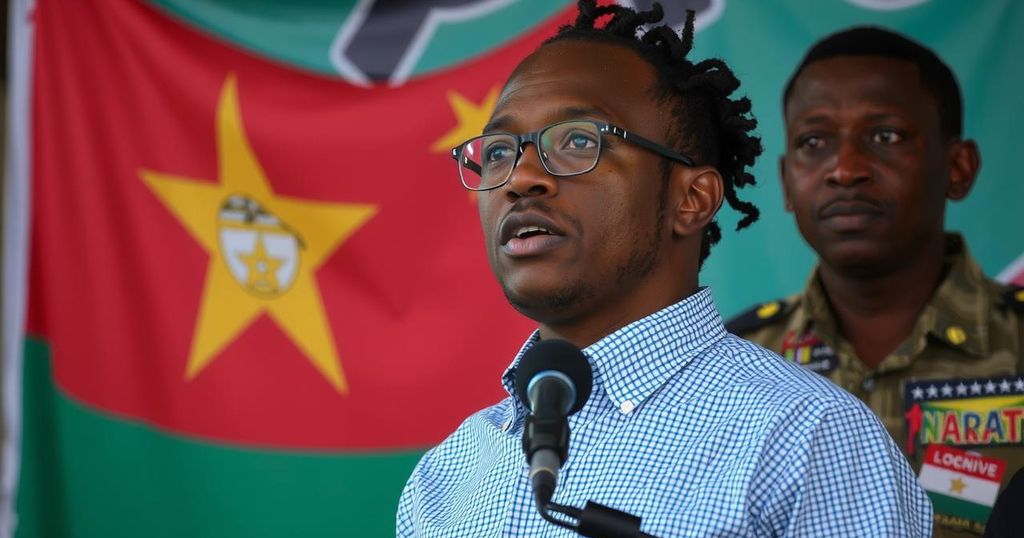Post-election violence in Mozambique has resulted in significant unrest, with over 130 deaths reported amid widespread allegations of fraud in the ruling Frelimo party’s victory. Civil society is alarmed at the rising violence, which threatens public safety and has displaced thousands. The South African Council of Churches calls for urgent regional intervention and highlights the humanitarian crisis as civilians seek refuge in neighboring nations.
In the aftermath of Mozambique’s October 9 presidential election, protests erupted following the ruling party, Frelimo’s announcement of victory amidst claims of electoral fraud. The ruling party has maintained control since 1975, but opposition candidates, particularly the newly formed Podemos under Venancio Mondlane, have denounced the election as illegitimate. Civil society reports have indicated that violence has plagued the nation since the results were declared, leading to unrest that has resulted in over 130 deaths according to reports from various organizations, including civil society monitoring group Plataforma Decide.
The ongoing turmoil has seen widespread violence and property destruction, particularly in major cities such as Maputo, Beira, and Nampula. Members of the South African Council of Churches (SACC) expressed grave concerns over the deteriorating situation, highlighting alarming reports of looting, arson, and an attack on police officers amidst growing public mistrust of law enforcement. This environment has forced civilians to take protective measures into their own hands, further complicating the security landscape.
Additionally, the violence has led to significant displacement, as thousands flee to neighboring countries such as Angola, Malawi, Zimbabwe, and South Africa. The SACC warns that this may incite regional instability and has urged the Southern African Development Community (SADC) to prioritize restoring stability within Mozambique. While negotiations between the ruling party and opposition show some promise for resolution, the SACC calls for continued dialogue and emphasizes the urgency of a unified response to prioritize humanitarian needs amid this ongoing crisis. The Council is mobilizing resources to assist with basic needs, showcasing the commitment of the broader church community to alleviate human suffering in Mozambique.
In conclusion, Mozambique faces a critical juncture in its political and social landscapes post-election, with rising violence threatening national identity and safety. The conversation around dialogue and reconciliation is essential, and the SACC representatives underscore the vital need for collective action and support from the regional bloc to stabilize a nation at risk of disintegration, consequently affecting neighboring states.
Mozambique has been under the governance of the Frelimo party since its independence in 1975, marking nearly five decades of political dominance. The recent presidential election held on October 9 has been marred by widespread allegations of electoral fraud and mismanagement, particularly by opposition parties and civil society groups. The ensuing unrest has precipitated a violent response, with alarming reports of civilian deaths and destruction of property. This situation not only threatens peaceful coexistence but also raises concerns about regional stability and humanitarian crises that may ripple beyond Mozambique’s borders.
The post-election violence in Mozambique represents a significant challenge to the nation’s identity and stability. As rival parties clash and violence escalates, a comprehensive response from local leaders, the church community, and regional organizations like SADC is imperative to restore order and address humanitarian needs. Highlighting the importance of national unity, dialogue, and reconciliation will be crucial in navigating the crises that threaten both Mozambique and the surrounding region.
Original Source: www.aciafrica.org






